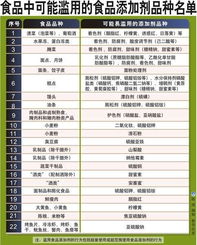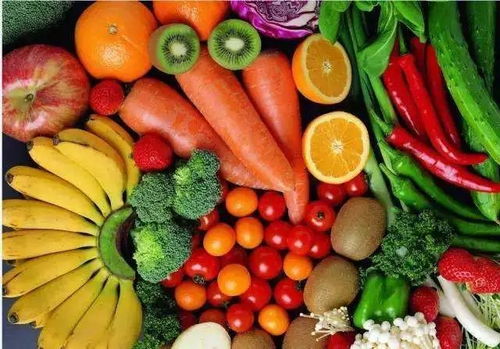介绍中国美食的英语作文
Title: Exploring the Richness of Food Culture through English
Food culture is an integral part of every society, reflecting the history, traditions, and values of a community. In this essay, we will delve into the richness of food culture from an English perspective, exploring various aspects such as regional cuisines, dining etiquette, and the evolving role of food in society.
Regional Cuisines:
One of the most fascinating aspects of food culture is the diversity of regional cuisines. In the United Kingdom, for example, we find a wide array of traditional dishes that are unique to specific areas. From the hearty stews of Scotland to the delicate pastries of England, each region has its own culinary heritage. Exploring these regional cuisines not only offers a delightful gastronomic experience but also provides insights into the local history and environmental influences.
Dining Etiquette:
Understanding the dining etiquette associated with English food culture is essential for anyone seeking to immerse themselves in the experience. Whether it's the proper way to enjoy afternoon tea or the etiquettes of dining in a formal setting, knowing these nuances adds a layer of appreciation to the culinary journey. For instance, the tradition of "High Tea" in England holds a significant place in British food culture, and being familiar with the customs surrounding it enhances the enjoyment of this cultural practice.
Cultural Significance:
Food is more than just sustenance; it is a reflection of societal values and traditions. In English culture, certain foods are associated with specific events or holidays. For instance, the significance of Christmas pudding or the custom of eating hot cross buns during Easter reflects the historical and religious background of these traditions. Understanding the cultural significance of these foods allows for a deeper connection to the traditions and beliefs of the English society.
Evolving Role of Food:
In recent years, the role of food in English society has evolved significantly. With the rise of multiculturalism, English cuisine has become increasingly diverse, incorporating influences from around the world. Additionally, there is a growing emphasis on organic and locally sourced ingredients, reflecting a heightened awareness of sustainability and health. Exploring the modern food scene in Englishspeaking countries offers insights into the everchanging nature of food culture and its intersection with contemporary issues.
In conclusion, the exploration of food culture through the lens of English provides a rich tapestry of experiences, from the diverse regional cuisines to the evolving role of food in society. By immersing ourselves in the traditions, etiquettes, and cultural significance of food, we gain a deeper appreciation for the values and history of Englishspeaking communities.

Through the English language, individuals can access a treasure trove of knowledge and experiences related to food culture, enriching their understanding of the world and fostering cultural appreciation.











